In a recent interview on TVC News, Special Adviser to the President on Media and Publicity, Ajuri Ngelale, informed Nigerians that the presidency would not take sides in the ongoing feud between Governor Siminalayi Fubara and his estranged godfather and minster of the FCT, Nyesome Wike.
Ngelale said: “…if they are banking on Mr. President to take sides on this matter, they’re mistaken and they’ll be disappointed. Mr. President will not do that. What he will do is to ensure that everybody has what they need in order to work. He will also ensure that any attempt to frustrate the operation of the Rivers State Government from conducting its affairs in a way that it would benefit the Rivers people, that’s obviously not going to be allowed by this President or anybody else. So, I think there’s a need for all stakeholders to understand that Mr President won’t take sides.”
Join our WhatsApp ChannelYet, the presidency had once acted controversially, apparently indicating that Tinubu knows that Rivers State under Wike was highly instrumental in his victory in 2023. So, the presidency brokered a peace deal in December 2023, which required the reinstatement of the Rivers State commissioners that had resigned, recall of the 25 defecting House of Assembly members to their seats, and the humiliating call on Governor Fubara to re-present the 2024 state budget to all the House of Assembly members, after it had been signed into law. The deal was said to have given a breather to Wike, who was about to lose the fight as a result of the legal tactics deployed by Fubara, as well as his raw tactics of demolition of the House of Assembly to forestall impeachment.
Many analysts had hinted that the accord was calculated to favour former Governor Wike. They had also warned Fubara to beware, and true to the warning, the present governor appears to have called the bluff of that peace deal. In essence therefore, the presidency is the actual fertilizer to the feud given the experience in similar situations in the country, which danced to the tunes and interests of the presidency. Ask Kano.
The Rivers crisis has really reached a movie-level climax.
A Rivers State High Court recently restrained lawmakers loyal to Wike from parading themselves as members of the state assembly, having defected to the APC without proving that there was crisis in the PDP. As it is, all the sides are studying the political, legal, social and manipulative opportunities and dangers. The presidency may have seen that weighing in again heavily may backfire if the legal issues surrounding the December defection of 25 House of Assembly members do not favour Wike. Rivers State may truly become what it still pretends to be: a PDP state.
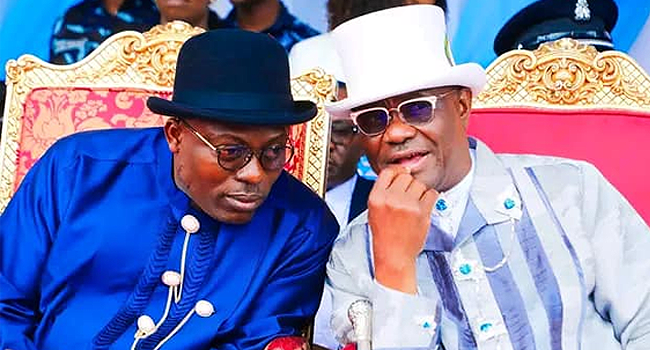
A former federal lawmaker from Kaduna State, Shehu Sani, had this to say after the December accord: “I have now read the Rivers agreement. The accord will remove the knife from the neck of Sim and set it behind his back.
“The accord will bury the hatchets with leaves. The accord outwardly sells peace, but internally buys time for another round of war. And that war has come again. The presidency may simply be buying time to know where to tilt.”
WrestleMania Kind of Refereeing?
At times, WrestleMania referees get punched by the wrestlers, and while the referee reels from their wound, a fighter can do anything to win, and it would stand. Is the FG acting the WrestleMania referee in not taking sides again? Is it circumspect and hesitant to buy time, and eventually appear to sanction any illegality that happens while it marks time?
READ ALSO: Tinubu’s Lingering Fuel Subsidy Argument: Some Ordinary Man’s Questions
Moreover, while the hesitancy lasts, many questions arise: What is happening in Rivers and what are the sides that the presidency has refused to take? Is there not some kind of culpable silence in the absence of action? Why was the peace earlier brokered by the presidency not working? Is anyone flouting the presidency with impunity? Does the presidency need more powers to settle such disputes? Can the citizenry be more empowered to act using technology of no confidence vote? Can such a thing as empowering citizens be possible without indirectly empowering the presidency to oust and impose governors at will? Is River State not part of Nigeria under Tinubu’s governance? Can’t the presidency define the issues at stake and take a decisive action to end the impasse? Is the parochial interest of the presidency in this kind of situation rather fuelling it?
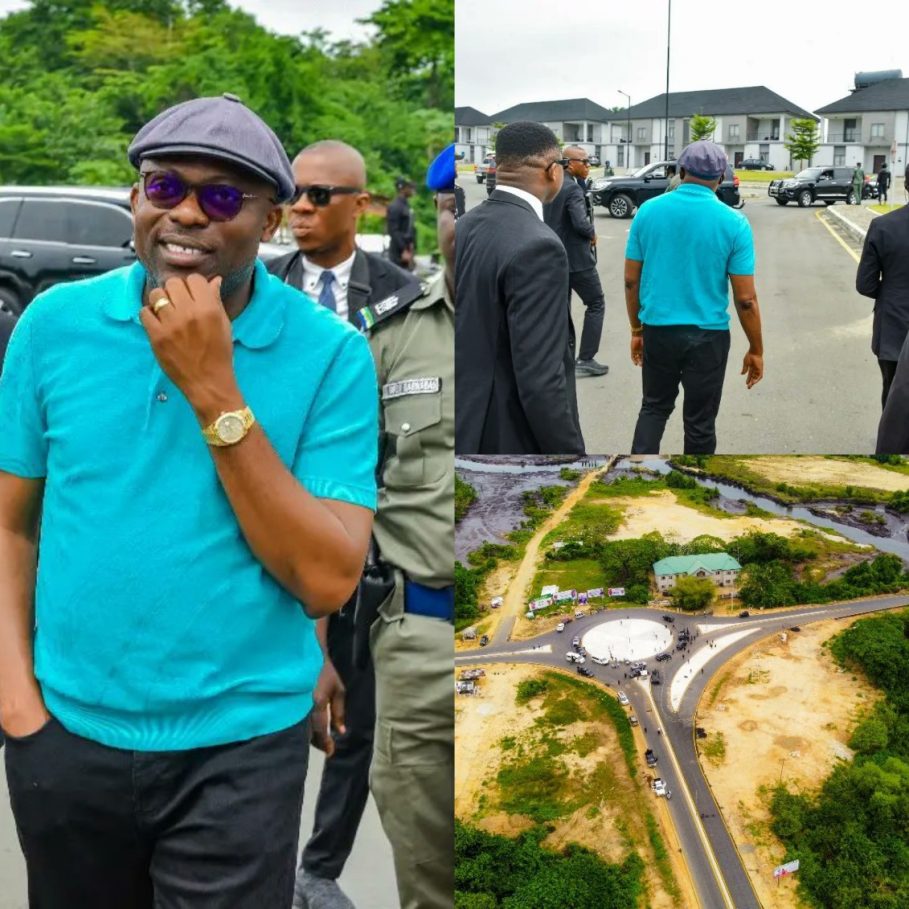
River State and the Shame of a Nation
In the aftermath of his swearing in, Fubara was widely reported to have received a different handover note containing a list of commissioners, special advisers and their portfolios from his predecessor, Nyesom Wike. True to the nature of their appointments, no fewer than nine commissioners had resigned their appointments as of December 2023, ostensibly on the orders of Wike, who had also allegedly asked them to defect to the APC. Instead of building or refurbishing, the governor promptly demolished the state House of Assembly complex to forestall any attempt to impeach him. Two speakers had emerged for the one house, and law suits were flying upon and down.
Since 1999, it is only about four out of Nigeria’s 36 states that have not experienced choking problems between incumbent governors and their predecessors, often a contest for political and economic control of a state. The same Nyesom Wike, who had fought off the presidency of his era as well as his predecessor, Chibuike Amaechi, to establish control of his state, has sworn that the same state will not know peace unless he remains the de facto governor. Wike will only sheathe his sword when Fubara lies flat on the ground in utter subservience to the emperor of Rivers and crown prince of the FCT. Many commentators have predicted it would happen, despite Fubara’s blushes.
The ultimate effect has been that in the one year since the inception of the government of Fubara in Rivers State, toxic politics has completely replaced governance. Apart from frantic moves to impeach the governor, legislation in Rivers is on hold. Executive work is also on a halt with mass resignation of commissioners and aides, hugely distracting the governor, who had once been molested by the police with tear gas.
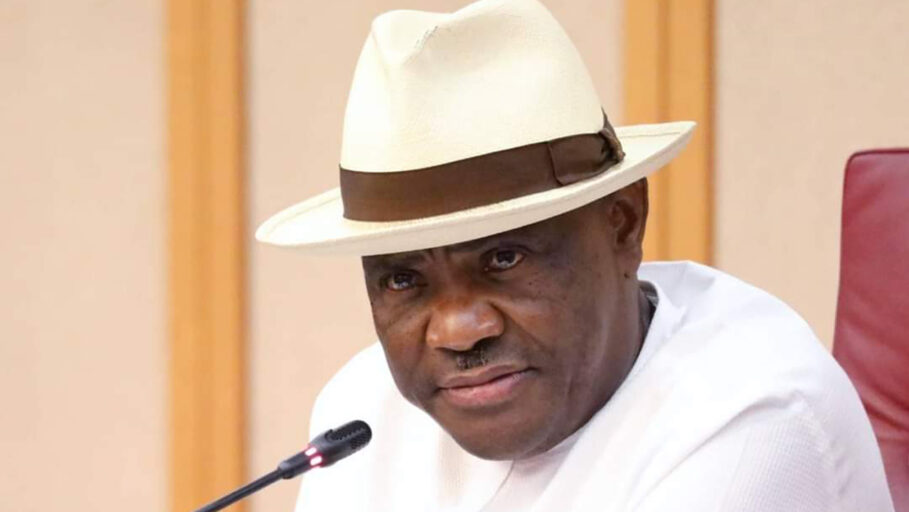
Indeed, one of the areas of the Nigerian democracy in dire need of (constitutional) attention is the gubernatorial position. The citizens have little or nothing to do about bad governance in their states, and governors are demi-gods, after the manner of the presidency. Former Governor Wike had asked the people of Rivers, and even God to forgive him for making a mistake in choosing Fubara. He also promised that the mistake would be corrected when the time comes. What a shame to democracy. Tinubu’s avowed chokehold on Lagos politics is being fingered as the reason for the insulation of Lagos from such fights as in Rivers State. Interestingly, the Tinubu-style dominance over Lagos politics appears to be the thing that many erstwhile governors want to replicate.
The Rivers State episode, one year in the making and counting, is a fight to the finish because the state is very rich, with huge voting powers, and therefore a resourceful swing state. But the tale is sordid, and the nation watches on as a macabre dance unfolds unabated, and the gladiators fight dirty, unabashedly and to the utmost foolery of a shameless nation.
Dr Mbamalu, a Jefferson Fellow and Member of the Nigerian Guild of Editors (NGE), is a Publisher and Communications/Media Consultant. His extensive research works on Renewable Energy and Health Communication are published in several international journals, including SAGE.
SMS/Whatsapp: 08094000017
Follow on X: @marcelmbamalu
Dr. Marcel Mbamalu is a communication scholar, journalist and entrepreneur. He holds a Ph.D in Mass Communication from the University of Nigeria, Nsukka and is the Chief Executive Officer Newstide Publications, the publishers of Prime Business Africa.
A seasoned journalist, he horned his journalism skills at The Guardian Newspaper, rising to the position of News Editor at the flagship of the Nigerian press. He has garnered multidisciplinary experience in marketing communication, public relations and media research, helping clients to deliver bespoke campaigns within Nigeria and across Africa.
He has built an expansive network in the media and has served as a media trainer for World Health Organisation (WHO) at various times in Northeast Nigeria. He has attended numerous media trainings, including the Bloomberg Financial Journalism Training and Reuters/AfDB training on Effective Coverage of Infrastructural Development of Africa.
A versatile media expert, he won the Jefferson Fellowship in 2023 as the sole Africa representative on the program. Dr Mbamalu was part of a global media team that covered the 2020 United State’s Presidential election. As Africa's sole representative in the 2023 Jefferson Fellowships, Dr Mbamalu was selected to tour the United States and Asia (Japan and Hong Kong) as part of a 12-man global team of journalists on a travel grant to report on inclusion, income gaps and migration issues between the US and Asia.

















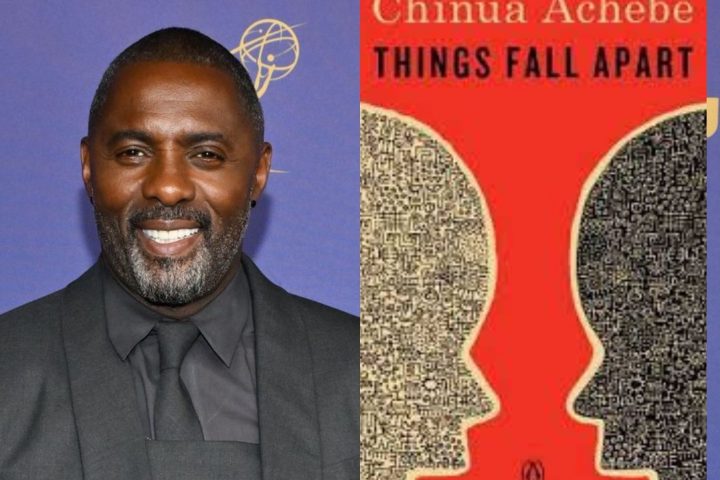
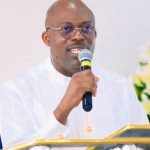
Follow Us